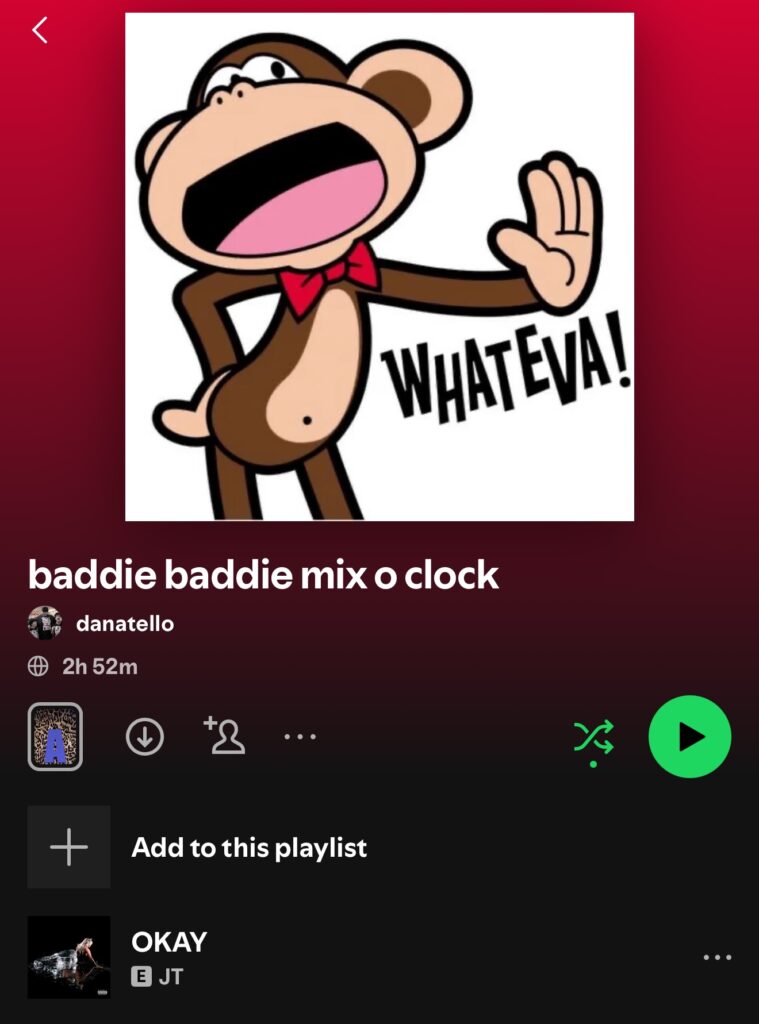Free expression is a pressing issue, and many recommendations have been made for regulating and protecting the ever-growing digital public sphere.
Societal advancements have opened infinite possibilities, however, it has come with drawbacks and complex issues that need to be addressed and handled to encourage the growth and stability of the digital public sphere.
Private Internet Companies
Private internet companies, or social media platforms, have radically changed the ability for global connectivity and collaboration. Social media, while performing its public functions, promotes political and cultural democracy, and the growth and spread of knowledge.
Social media has made advancements in technological innovation and user personalization that have never been seen before. However, this progress does not come without drawbacks.
It has never been easier to speak and broadcast your voice to millions. However, this ability is not always used with positive intent as the spread of misinformation has rapidly increased since the development and popularization of the Internet.
Social media has also opened the door to the spread of hate speech and harmful content, as well as privacy violations and inconsistent moderation of content.
Private companies generally have the discretion to remove content on their sites and create a Terms of Service in an attempt to set the standard for user experiences.
To safeguard free expression, companies must factor in equal protection and discrimination issues, along with privacy laws in their regulatory approaches and proposals.
The experience of users needs to be prioritized above all else, including continuing and enforcing the protection of their free speech and expression, while also protecting them against abuse or prejudice and privacy breaches.
Government and Policymaking
The prioritization of free expression by the government allows for a healthy and vibrant democratic society, where our First Amendment rights are protected and upheld with the utmost care.
Free expression allows for a more transparent and accountable government, as well as encouraging the diversity of opinions and ideas held by individuals. However, in attempts to safeguard free expression, the government may contribute to its drawbacks.
Regulation could result in stifling free speech as suppressing speech of dissent or criticism violates the First Amendment.
Government surveillance and data manipulation would be prevalent in government-ran social media platforms along with the facilitation of government propaganda.
While the government should strive to uphold the freedom of speech and expression, a fully government-ran social media would run too many risks of suppression and control compared to the digital public sphere we have now.
Civil Society and Third-Party Researchers
These organizations and researchers can conduct individual investigations, voice concerns, and advocate for human rights without running the risk of government interference. Most importantly, they often inform the public through protected free expression of controversial information like COVID-19 or climate change.
By acting as watchdogs for citizens, they push for further government transparency. However, these groups are often under threat due to their investigative work that may impact politicians or elites.
Unfortunately, these organizations also face scrutiny for spreading bias or misinformation as they often form to advocate for certain issues that come with inherited biases.
These individuals need to focus on being the eyes and ears of the average citizen. They have the great ability to spread information at rates never seen before, so they have an even greater responsibility to report not only correct information but information that will aid in the betterment of society.
Media and the News Industry
The media and news industry are extremely important when it comes to protecting freedom of expression. They keep the public informed, hold those in power accountable, and provide an outlet for a wide variety of perspectives and viewpoints.
While the media and news industry are important in safeguarding First Amendment rights, they have their drawbacks as well.
Competition in the news reporting industry has led to the trend of ‘breaking news,’ which has unfortunately only bred more opportunities for the spread of misinformation at critically high speeds. This also leads to prioritizing sensationalized stories rather than more accurate or important news.
Media organizations owned by large corporations may fall victim to corporate influence, producing stories influenced by the financial interests of their owners rather than the general public.
Journalists are often under threat, like third-party researchers, due to their investigative journalism which may threaten the reputation of politicians or elites.
These individuals must remember their journalistic ethics and report in the interest of the public rather than large corporations or powerful elites.
They can provide the public with new information and ideas, which only works to feed and strengthen our democratic society. With this power comes the great responsibility to seek and report the truth, while also acting independently and holding yourself accountable.


